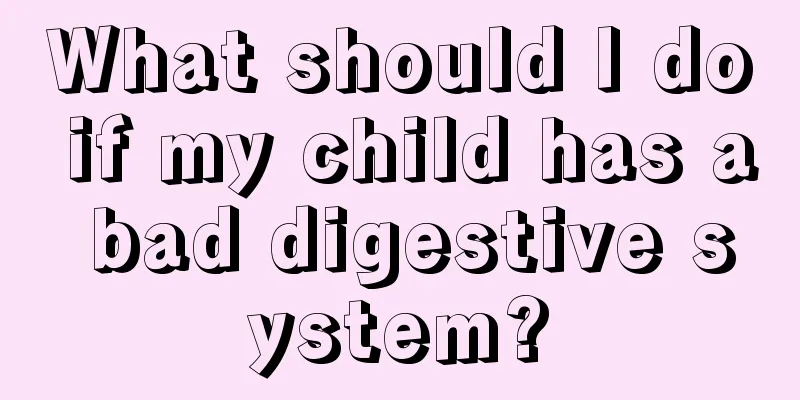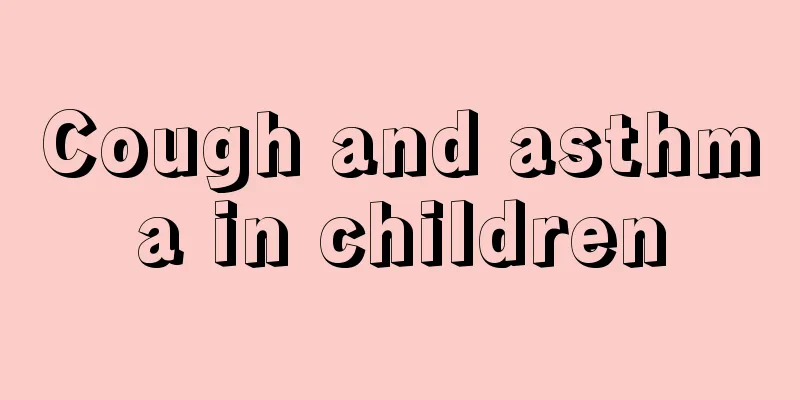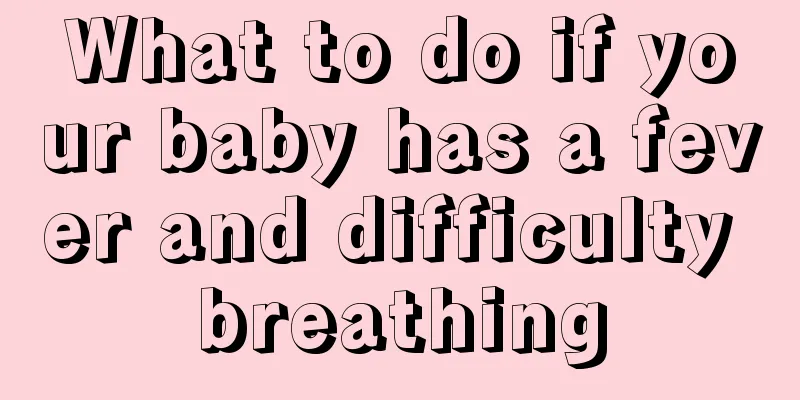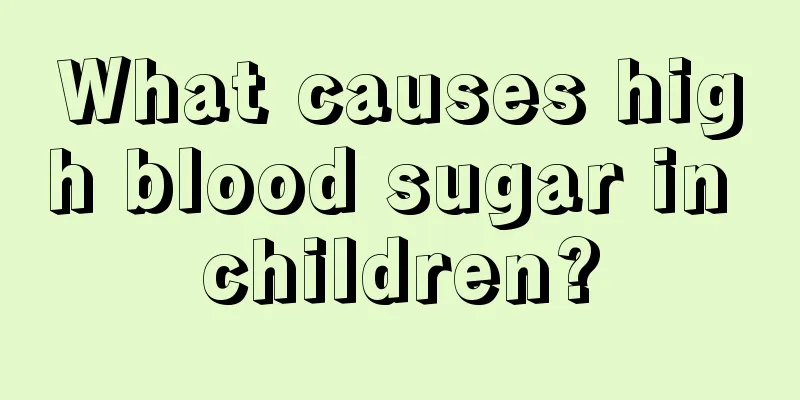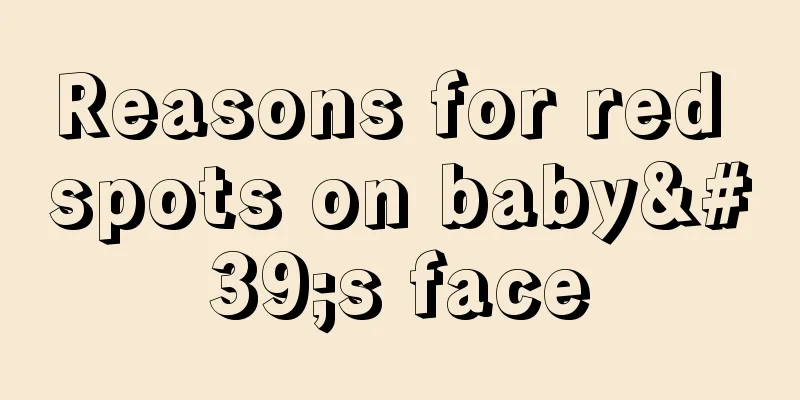What to do if your baby cries after getting a vaccination
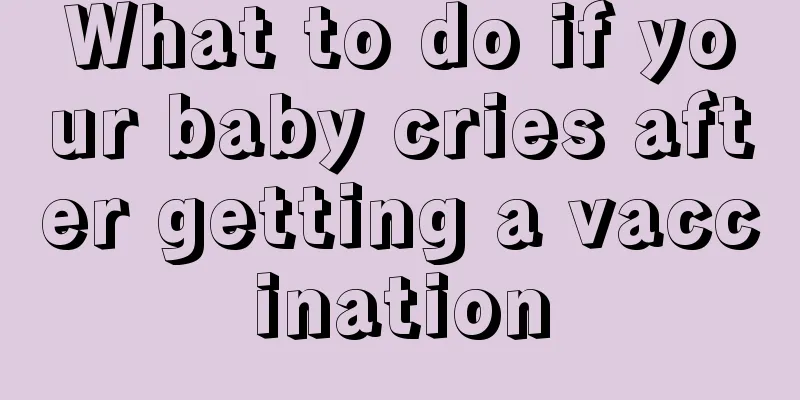
|
It is normal for babies to cry after receiving a vaccination. According to medical surveys, many children cry after receiving an injection. However, vaccinations are necessary to prevent various diseases. All medicines will have certain side effects. Let us now understand what to do if the baby cries after vaccination. Vaccines are given to prevent diseases and most of them are derived from the corresponding pathogens. Once the vaccine interacts with the body's immune system in the body, it may cause various adverse reactions. In addition to the above reasons, low fever in babies may also be caused by infection, resulting in the above symptoms. About 3%-5% of babies (mainly children under 2 years old) may experience reactions 5-12 days after vaccination. The systemic reactions of babies after vaccination include fever and general discomfort. The child's fever temperature is generally below 38.5℃ and lasts for 1-2 days. At this time, the baby's body's ability to resist disease (general germs) will decrease. If the baby is not fed more water and is not allowed to rest more, it will develop into a fever and cold caused by infection. For these discomforts, parents should pay close attention to the systemic reactions and body temperature of their vaccinated children. If your baby has a low fever, be sure to give him plenty of water and remember one principle: the amount of urine should be at least the same or more than usual. The baby's diaper should be changed in time to ensure adequate rest. If the fever worsens or the low-grade fever persists for more than 3 days without improvement, you should use antipyretics under the guidance of a doctor, or take your baby to the hospital for treatment in time. Some children will have scattered "rashes" while having fever. Generally speaking, these "rashes" do not require treatment and will disappear on their own after a certain period of time. Getting a vaccination will be uncomfortable, and it is normal for babies to cry. Some babies may even have a fever if they have a strong reaction. This is because vaccinations actually involve injecting bacteria into the body, and then allowing the baby to develop resistance to the bacteria. So this process will definitely be uncomfortable, and it will be difficult to care for the baby. It will be fine after two days. The above is the solution to the problem of babies crying after getting vaccinations. When getting vaccinations, the needle irritates our skin and the body will feel pain, not to mention children, whose skin is more fragile, so it is natural for them to feel pain. In order to reduce the pain, certain measures can be taken to try to provide the baby with a more stable environment. |
<<: What to do if your newborn's butt is red
>>: What to do if your baby gets redness and swelling after vaccination
Recommend
The dangers of eating too much for children
In a family, children are the most important bein...
What are the symptoms of hip dislocation in children?
Very young babies may also have some cases of hip...
Why do children have chapped faces in winter? It turns out this is the case
In winter, we can see many children with chapped ...
What should I do if my baby has less hair on both sides?
For a mother, the situation where the baby has le...
What are the nutritious lunches for children?
For every family, children play a very important ...
What to do if your baby has a red bottom
If your baby has a red bottom, it may be due to u...
What is the best treatment for tonsillitis in children?
Tonsillitis is a common disease and one of the mo...
Baby diarrhea with bloody mucus
Summer is the peak season for disease outbreaks, ...
What should I do if my baby has diarrhea?
A problem that mothers often encounter is diarrhe...
What to do if children have a cough
The beginning of every school year is a peak seas...
What to do if your child has no memory
Many children do not listen to their parents and ...
Is it harmful for children to have a fever?
Many parents, when they find their children have ...
How to treat children with ADHD?
ADHD is a common childhood disease, and patients ...
Does a child's fever and convulsions affect his intelligence?
If we have some bad conditions in our body, we mu...
What to do if children have dry stools
For children, once they have dry stools, it is pa...




